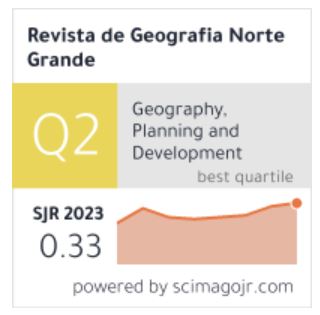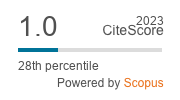Población, política sanitaria e higiene pública en la España del siglo XVIII
DOI:
https://doi.org/10.4067/S0718-34022013000100008Keywords:
Mercantilism, 18th century, medical police, public hygiene, BarcelonaAbstract
One of the most characteristic features of European mercantilist thought is the favorable attitude of this economic doctrine toward large populations, based on the belief that as more populous a country is, greater is its ability to obtain wealth and power. That is the reason why during the eighteenth century health and disease began to be conceptualized as political and economic problems, and required a collective administration. Writers of medical police dealt with different proposals to raise the level of population health, arguing that the implementation of these measures belonged to the political power. This power, in turn, assumed a sanitary function, and through general hygienic rules turned urban spaces in objects of me-dicalization, anticipating, at least schematically, some general principles of urban planning. This work is an approximation of how this process was developed in eighteenth-century Spain






